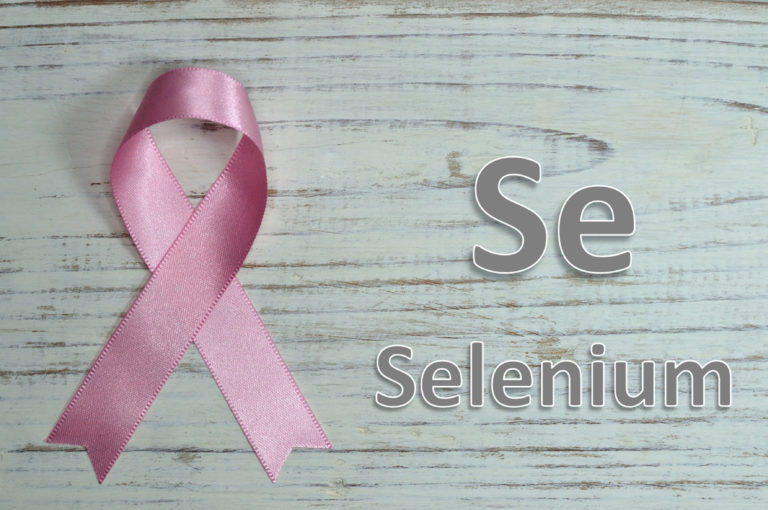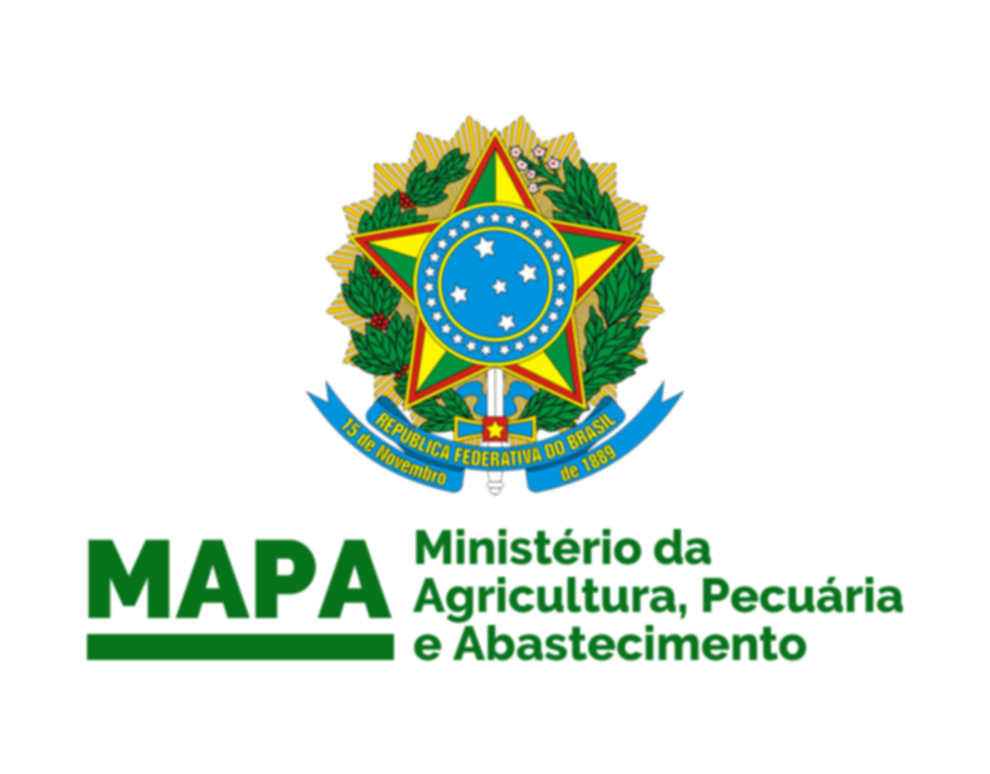Background: This #DoesItWorkSummary is based on the findings of a Cochrane Systematic Review published in January 2018 [1]. Selenium is an element that is normally taken with food and is essential for healthy metabolism in small amounts (belonging in this way to the group of micronutrients). It is found in a variety of foods from animal and plant origin, with Brazil nuts and seafood being especially rich sources [2]. Although being an important micronutrient, at higher amounts selenium has toxic action [3], making the dose of intake very important for beneficial health effects (optimally, the intake should be high enough to prevent deficiency, but not so high that it would result in toxicity). There have been some indications that selenium might act as cancer-preventive agent, possibly through antioxidant effects mediated by proteins that need selenium for their functions (selenoproteins) [4]. To get an overview of scientifically documented effectiveness of selenium in preventing cancer, evaluation of the published scientific literature was done.
Findings: Analyzed were 10 randomized controlled trials (representing high-quality evidence) in which people were randomly assigned to receive selenium supplements or placebo, and 70 observational studies (representing low-quality evidence) in which people were followed over time to determine whether their selenium exposure status was associated with changed risk of cancer [1].
All of the 10 high‐quality randomized trials reported no effect of selenium on reducing cancer risk. Moreover, some of the high-quality trials unexpectedly indicated that selenium may increase risks of high‐grade prostate cancer, dermatitis, hair loss, and diabetes type 2.
The 70 observational studies (low-quality evidence) yielded overall inconsistent results. Nevertheless, when all data were pooled together lower incidence of cancer was observed in the people belonging to the highest category of selenium exposure compared with the lowest (but there was no dose-response relation supporting this observation).
Taken together, the currently existing scientific evidence does not support that selenium supplementation has cancer-preventive effect.
Future research might be needed to specifically explore if selenium may affect the risk of cancer in individuals with specific genetic backgrounds or specific nutritional status, and to evaluate if different chemical forms of selenium may differently affect cancer risk.
References
1 Vinceti, M., Filippini, T., Del Giovane, C., Dennert, G., Zwahlen, M., Brinkman, M., Zeegers, M.P., Horneber, M., D’Amico, R. and Crespi, C.M. (2018) Selenium for Preventing Cancer. Cochrane Database of Systematic Reviews, John Wiley & Sons, Ltd. https://doi.org/10.1002/14651858.CD005195.pub4.
2 Barclay, M.N.I., MacPherson, A. and Dixon, J. (1995) Selenium Content of a Range of UK Foods. Journal of Food Composition and Analysis, Academic Press, 8, 307–318. https://doi.org/10.1006/JFCA.1995.1025.
3 Tinggi, U. (2003) Essentiality and Toxicity of Selenium and Its Status in Australia: A Review. Toxicology Letters, Elsevier, 137, 103–110. https://doi.org/10.1016/S0378-4274(02)00384-3.
4 Diwadkar-Navsariwala, V. and Diamond, A.M. (2004) The Link between Selenium and Chemoprevention: A Case for Selenoproteins. The Journal of Nutrition, Oxford University Press, 134, 2899–2902. https://doi.org/10.1093/jn/134.11.2899.
Keywords: #DoesItWorkSummary, selenium, systematic review, clinical trials, selenoproteins, prevention of cancer.



